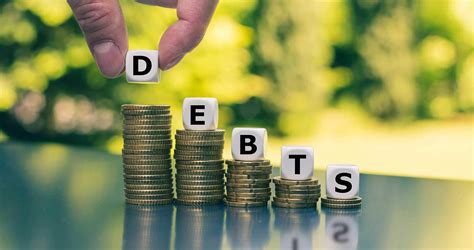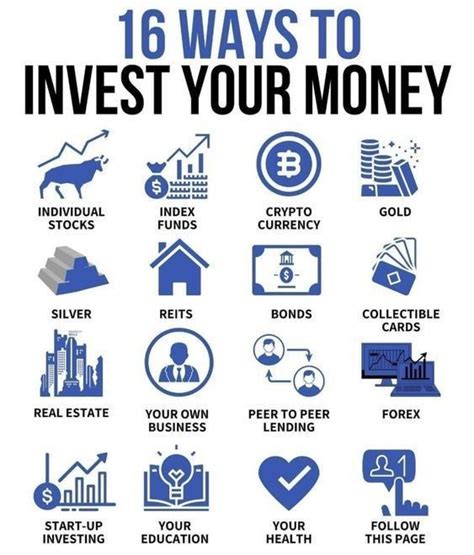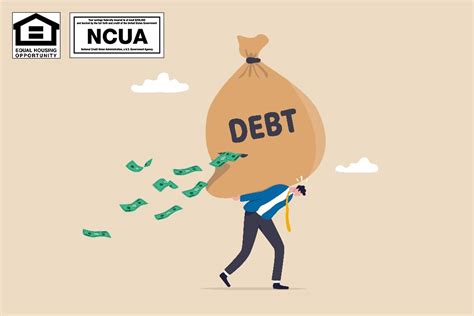The Timeless Financial Conundrum for Men
For many men, the path to financial freedom often presents a fork in the road: should you aggressively pay down high-interest debt, or should you prioritize investing for long-term growth? This isn’t a simple either/or question, as both strategies offer significant benefits and carry distinct risks. Understanding the nuances of each, and how they apply to your specific financial situation, is key to making an informed decision that aligns with your personal goals.
High-interest debt, often in the form of credit cards, personal loans, or payday loans, can feel like a heavy anchor, dragging down your financial progress. Its compounding nature means that interest accrues not only on the principal but also on previous interest, making it incredibly difficult to escape without a dedicated strategy. On the other hand, investing allows your money to work for you, potentially growing exponentially over time thanks to the power of compound returns.

Understanding the True Cost of High-Interest Debt
Before making any decisions, it’s crucial to fully grasp the impact of high-interest debt. Imagine a credit card with an 18% annual percentage rate (APR). Every dollar you owe is essentially costing you 18 cents per year just to maintain, not to mention the principal payment. This is a guaranteed, non-optional expense that erodes your wealth and limits your ability to save or invest meaningfully.
The ‘interest rate’ on your debt can be thought of as a guaranteed negative return on your money. If you have $10,000 in credit card debt at 18% APR, you are effectively losing $1,800 per year just in interest payments. Paying off this debt is akin to earning a guaranteed, risk-free 18% return on your money – a return that is incredibly hard to match consistently in the investment world without taking on significant risk.
The Power of Compounding: Why Investing Early Matters
While debt repayment offers a guaranteed ‘return,’ investing for growth taps into the powerful concept of compound interest, often hailed as the eighth wonder of the world. The sooner you start investing, the more time your money has to grow and generate returns on its returns. A small amount invested early can snowball into a substantial sum over decades, thanks to market appreciation and reinvested dividends.
Delaying investment, especially during prime earning years, means missing out on potential market gains that can significantly boost your net worth over the long run. Retirement accounts like 401(k)s and IRAs offer tax advantages, further enhancing the appeal of early and consistent investing. Furthermore, employer matching contributions to a 401(k) are essentially ‘free money’ that should almost always be prioritized if available.

Striking the Right Balance: A Hybrid Approach
For most men, a balanced approach often makes the most sense. Here’s a common framework:
- Emergency Fund First: Before tackling significant debt or investing heavily, ensure you have a starter emergency fund (e.g., $1,000-$2,000) to cover unexpected expenses without going further into debt.
- Employer 401(k) Match: If your employer offers a 401(k) match, contribute at least enough to get the full match. This is a 100% guaranteed return on your investment, a benefit you simply shouldn’t miss.
- Attack High-Interest Debt: After securing an emergency fund and capturing any employer match, aggressively pay down all debt with interest rates typically above 7-8%. This includes credit card debt, personal loans, and potentially even some older student loans. The ‘debt avalanche’ method (paying highest interest rate first) is mathematically superior, while the ‘debt snowball’ (smallest balance first) can offer psychological boosts.
- Increase Investments & Continue Debt Payments: Once high-interest debt is gone, pivot to significantly increasing your investments, aiming to contribute 15-20% of your income towards retirement and other long-term goals. At this stage, lower-interest debts (like most mortgages or car loans) can often be managed alongside robust investing, as their interest rates might be lower than the historical average returns of the stock market.

The Psychological Aspect and Peace of Mind
Beyond the pure mathematics, there’s a significant psychological component to financial decisions. Being debt-free, especially from high-interest consumer debt, can provide immense peace of mind and reduce stress. This mental clarity can empower you to make better financial decisions in the future and take calculated risks without the burden of looming payments.
For some, the emotional weight of debt is so heavy that aggressively paying it off provides a ‘return’ in terms of mental well-being that outweighs a purely mathematical investment gain. It’s crucial to consider your personal tolerance for risk and your emotional relationship with debt when making these decisions.

Conclusion: Your Financial Blueprint is Unique
Ultimately, the decision of how to prioritize high-interest debt versus investing for growth is personal. While the mathematical advantage often lies with aggressively eliminating high-interest debt first due to its guaranteed ‘return,’ capturing employer 401(k) matches and securing a small emergency fund are usually non-negotiables to start. Your age, risk tolerance, current debt load, income stability, and financial goals all play a role in crafting your optimal strategy.
The best advice is to educate yourself, create a budget, understand your numbers, and commit to a consistent plan. Regularly review your progress and adjust your strategy as your life circumstances and financial landscape evolve. Financial success is a marathon, not a sprint, built on disciplined decisions over time.





